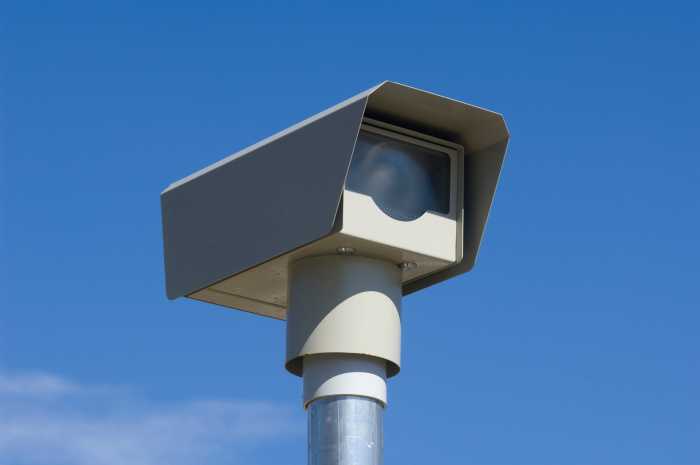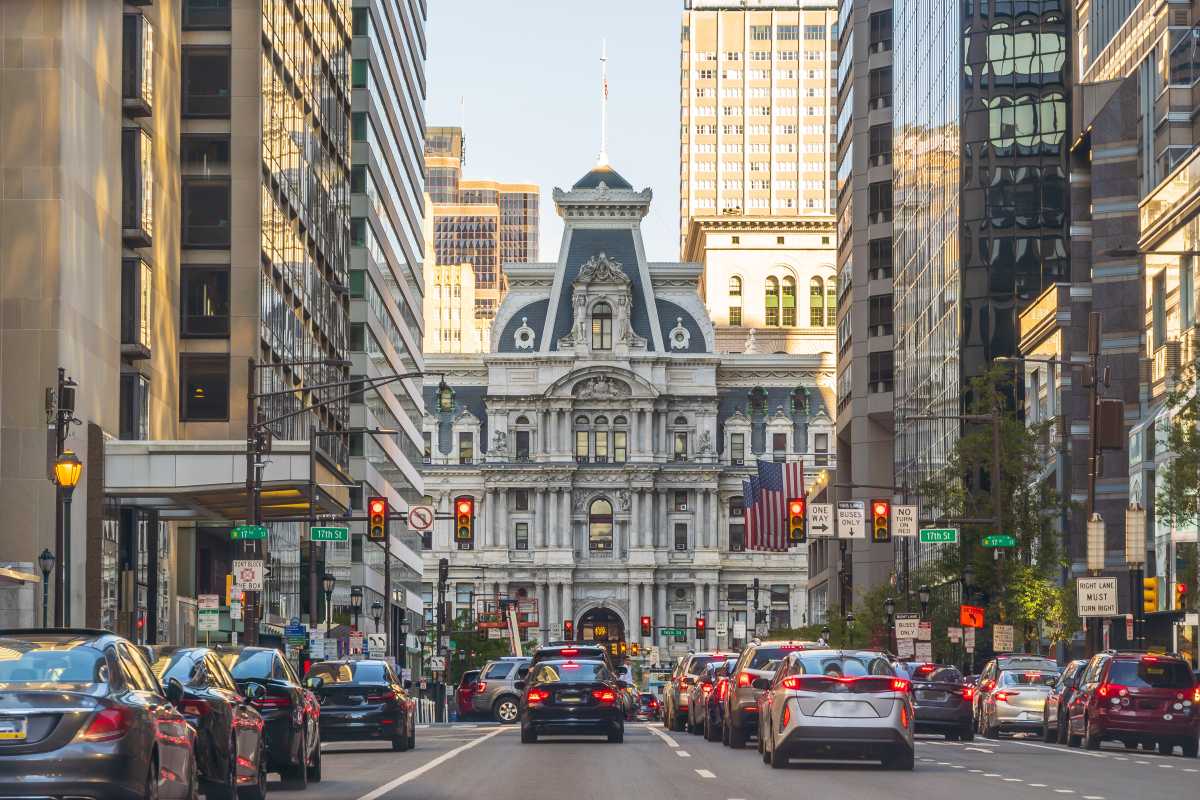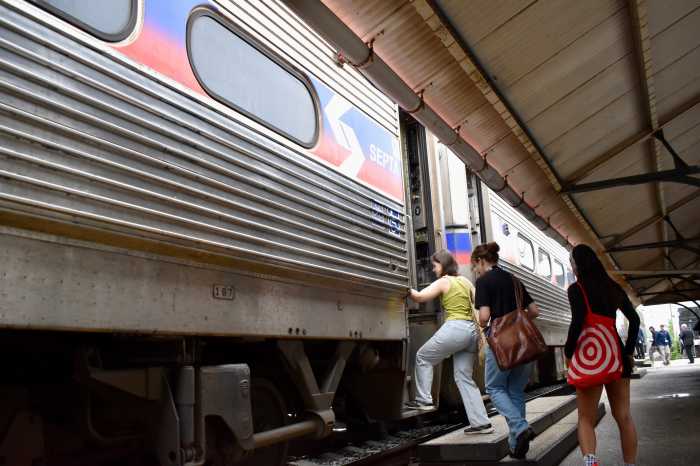Drivers on Broad Street take note — automated speed cameras are going live Monday.
The City of Philadelphia and the Philadelphia Parking Authority will activate automated speed enforcement cameras along Route 611 — including the entire length of Broad Street and a short stretch of Old York Road — starting Monday, Sept. 15.
The launch begins a 60-day warning period in which drivers caught speeding will receive mailed warnings instead of tickets. Automated citations will take effect Nov. 14. There are 15 camera locations along Route 611.
“Broad Street is one of the city’s busiest and most dangerous roads, and we’re taking steps to make it safer,” said Mayor Cherelle Parker. “Speed cameras save lives.”
Building on Boulevard’s success
The new cameras follow the model used on Roosevelt Boulevard, which implemented automated enforcement in 2020. City officials say speeding violations there dropped by 95% and pedestrian crashes by half since cameras were installed.
On Broad Street, the speed limit is 25 mph in most areas. Drivers caught going 11 mph or more over the posted limit will be fined between $100 and $150, depending on their exact speed. No license points will be assessed.

The expansion follows 2023 state legislation that made Roosevelt Boulevard’s speed camera pilot permanent, authorized enforcement on five more corridors, and approved a pilot program in five school zones.
“Speed enforcement cameras are critically important tools that have dramatically reduced speeding along Roosevelt Boulevard,” said Philadelphia Parking Authority’s Rich Lazer. “We now hope to bring about similar results along Broad Street as well as other major arteries in the city.”
Targeting deadly corridor
Analysis by PennDOT and the city identified Broad Street as Philadelphia’s top-priority roadway for enforcement, with 206 fatal and serious crashes recorded between 2020 and 2024.
Any surplus revenue generated will go to a PennDOT-managed safety fund. Transportation safety projects in the city are eligible to apply for this funding through PennDOT. Priority is given to projects that are located near the location where the fines were collected, according to officials.




























